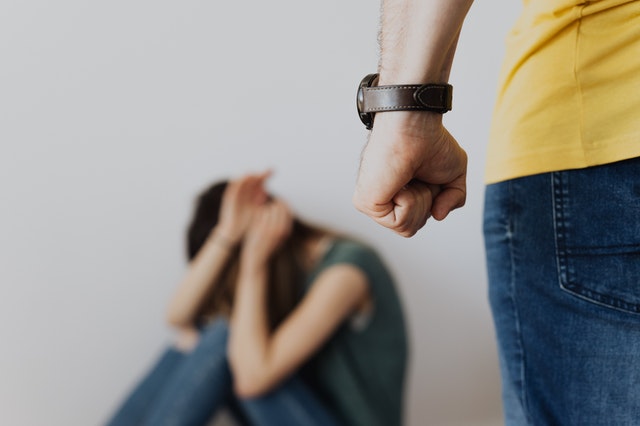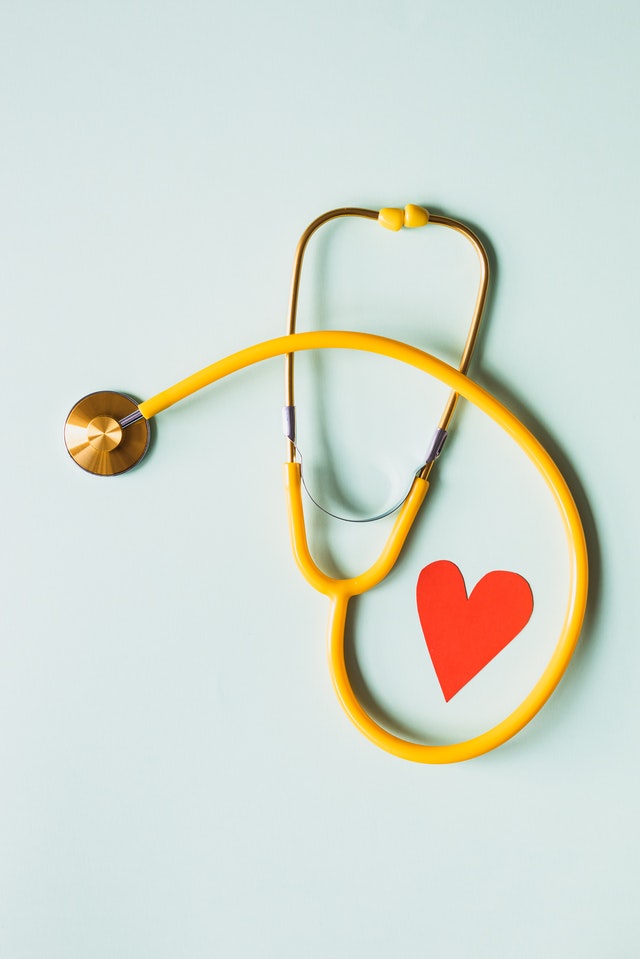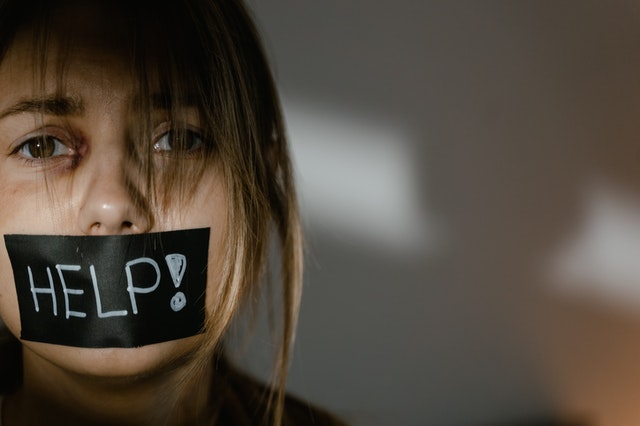Getting help is often near impossible. Drawing attention to one’s own dangerous situation or domestic violence often means that the perpetrator or perpetrators become even more aggressive. Getting help – but in an inconspicuous manner, so that the perpetrator or perpetrators do not notice. But how could this work? A number of codes offer ways out of the precarious situation. But they only work if they are widely known.
CAMPAIGN TO COMBAT VIOLENCE

Since the end of November there have been posters in the streets of Vienna showing women in situations of violence or harassment. The haunting slogan under the images reads: “Stop! Help me!”. The campaign was launched as part of the “16 days combating violence against women”. The campaign calls for bystanders to look, to help and to act. But to help or getting help can often be a danger in itself. To make it easier for survivors of violence and assaults to draw attention to their situation and to get help, various codes have been created. Knowing these subtle cries for help is essential for both sides – people who are in danger and everyone else to be able to help in an emergency.
LUISA, ANGELA AND THE SAFETY DRINK

The service “Luisa is here” was initiated by the Women’s Emergency Münster. Since, “Luisa” has arrived in many other cities and even in Switzerland. The project aims to enable people who find themselves in uncomfortable or dangerous situations when leaving to discreetly get help. With the question “Is Luisa here?” the attention of nightlife venue staff can be gained and drawn to the potentially difficult situation. With this code word, the staff can then ask the person how they can be helped. Should a taxi be called? Should security personnel or the police be notified? Luisa is here. And is here to help. The “Ask Angela” campaign in England follows the same principle. In the USA, the question about Angela became the drink “Angel Shot“. Anyone ordering the supposed drink is discreetly asking for help. There are even different ways to get specific help. If you order the “Angel Shot” pure, ask for someone to accompany you to your own car. If the drink is ordered on ice, a taxi will be requested. For particularly precarious situations there is the “Angel Shot” with lime. This order asks the publican to contact the police.
DR VIOLA TO THE RESCUE

Anyone who comes in and asks for an appointment with Dr. Viola at Innsbruck Hospital triggers a chain of actions that are to be taken in order to ensure the safety of the possible victim. The code is a way to discreetly ask for help when one is in imminent danger. This subtle way of communicating about violence in the community is particularly important for people who are experiencing domestic violence and are in hospital with the perpetrator. The code triggers protection measures. The first step is that appropriate staff and the hospital’s own victim protection group are informed, the possible victim is not left alone and, if necessary, separated from the person accompanying them under a pretext if they pose a danger.
A GESTURE THAT CAN SAVE LIVES

In times of repeated lockdowns, those who experience have been at increased risk of harm from domestic violence. Sadly, for many people, being unable to avoid having to spend the entire day in their own home was a situation in which there was a constant threat of danger. During this time, a special gesture emerged to inform people about violence and ask for help. The gesture was initially shared via the social media app TikTok. Since then there have even been videos from victim protection centres in which the special gesture is explained. The gesture is inconspicuous. The thumb rests in the open palm, then the fingers are closed. The hand can be shown in video conferences in order to explain silently and without a trace that danger is imminent. The advantage versus text messages or phone calls is that the perpetrator does not notice that help has been called. The gesture can also mean rescue in other situations. In America, a girl was saved from a kidnapper because she gave the hand signal to another road user while driving. He informed the police and the girl was freed.
BROAD REACH IS KEY
The methods described above all have in common a person can call for help without abusers realising they have done so. This can often be crucial in preventing further violence. When making phone calls, it is very important to conduct the conversation properly if there is a suspicion of domestic violence. To keep the perpetrator in the dark, yes or no questions should be asked. If there is a suspicion that the perpetrator is listening in, codes such as “Luisa” or “Dr. Viola” can be used. An example dialogue might be as follows: “Would you like to see Luisa?” or “Do you have an appointment with Dr. Viola?”. In order for these codes to work like the gesture, they must have the widest possible reach. Klinik Innsbruck is currently the only hospital in Austria to offer this kind of safety programme for survivors of domestic violence. An initiative such as this is cheap and easy to implement. In order to build a safety net, it is helpful to inform others about the codes and gestures and, if necessary, to establish them in your own area. Information material in women’s toilets is another good way to draw attention to the existing programmes.
